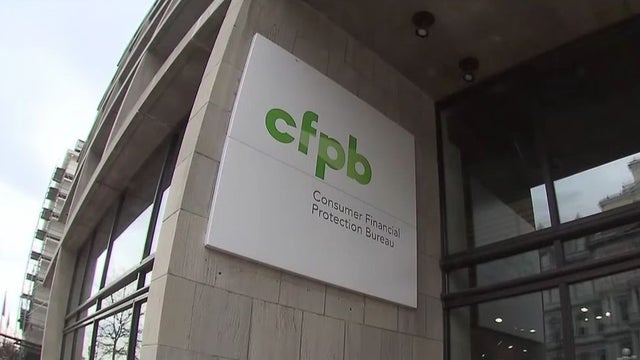Letters to Regulators: Letter to CFPB Expressing Concerns About the Treatment of Earned Wage Access Products
AFREF joined a letter to CFPB Director Rohit Chopra expressing concerns about the treatment of earned wage access products.

AFREF joined a letter to CFPB Director Rohit Chopra expressing concerns about the treatment of earned wage access products.

AFREF and allies sent a letter to Treasury Secretary Janet Yellen calling on her to rescind the 2019 guidance under the Trump Administration that made it unduly difficult to designate non-banks as Systemically Important Financial Institutions (SIFIs).

AFREF joined a letter urging HUD, VA, and USDA to extend the September 30, 2021 deadline for borrowers to start forbearance plans due to COVID-19 hardships.

AFREF joined over 200 organizations in a letter calling on ED to take immediate executive action to deliver on the promise of Public Service Loan Forgiveness (PSLF) by cancelling debts owed by all public service workers who have served for a decade or more and to improve the PSLF program.

AFREF joined a letter to HUD in response to its announced notice of intent to sell 1,730 mortgage loan notes in the fall. The letter states that HUD should not resume any note sales without first implementing regulations for the program that promote stable homeownership.

AFREF joined a letter to the Education Department regarding ACCSC and NAIQI procedures.



Americans for Financial Reform Education Fund and the Communication Workers of America sent a letter to the Securities and Exchange Commission urging that the Commission close critical loopholes and exemptions that currently exist in its Forms 13-F and 13-D reports that have been intentionally exploited by hedge fund investors. By doing so, hedge funds can no longer utilize derivatives and other complex financial instruments to build large positions and ambush the management of companies.


AFREF and five other organizations wrote a letter today to the Securities and Exchange Commission urging the Commission to review the exponential growth of digital assets, including “stablecoins”, and how their activities should be subject to the securities laws that exist to protect investors.


AFREF joined a letter to Treasury urging them to ensure accessibility, transparency, and accountability in the Homeowner Assistance Fund (HAF) program.


Hundreds of companies owned or backed by some of the most well financed private equity firms in the US secured an estimated $5.3 billion in public funds under the Coronavirus Aid, Relief, and Economic Security Act (CARES Act), reveals a new investigation published today.